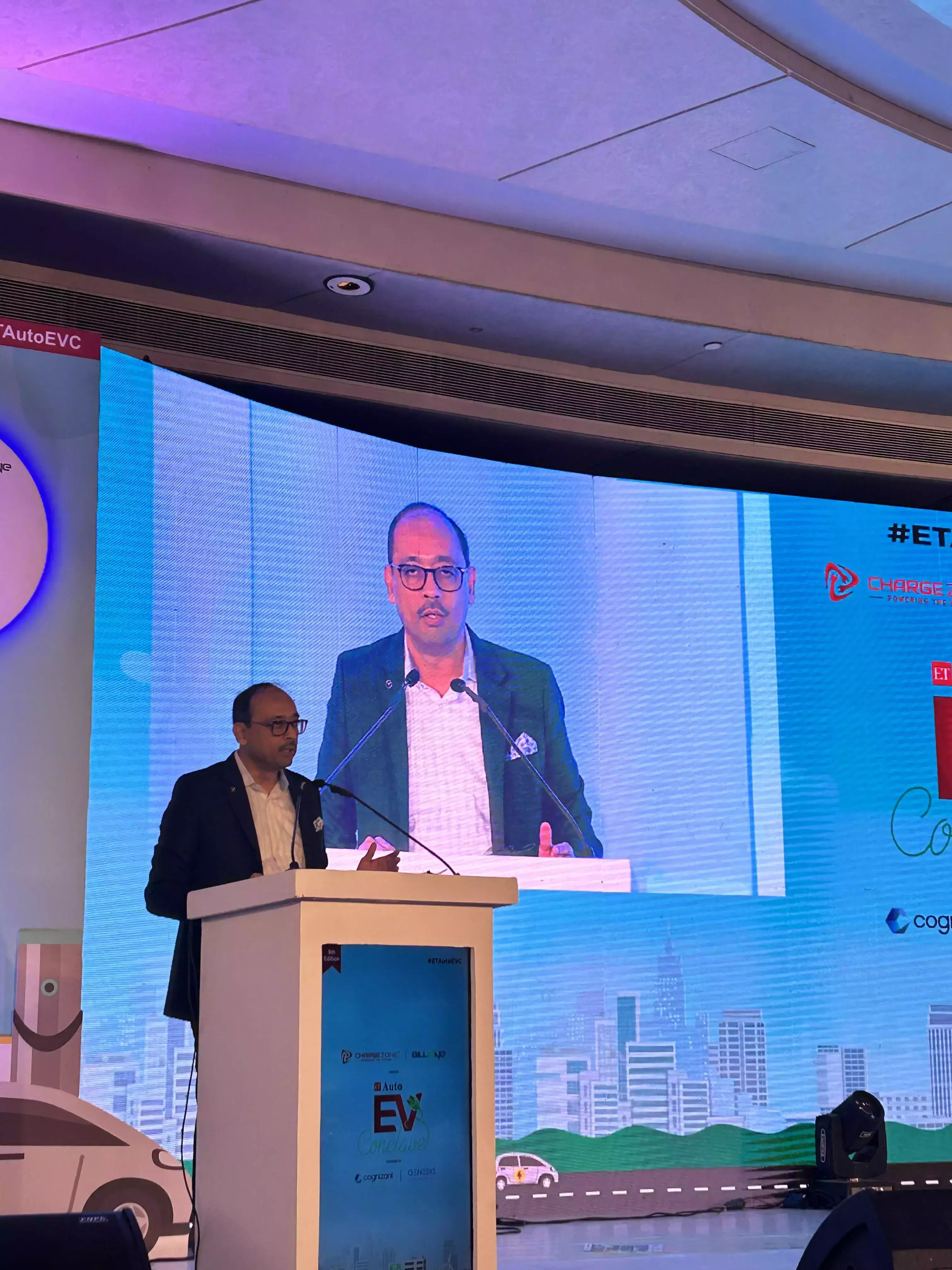
The 9th edition of the ETAuto EV Conclave kicked off today at the Hyatt Regency, New Delhi. During the event, Santosh Iyer, MD & CEO, Mercedes-Benz India, emphasised the importance of streamlining public EV charging infrastructure. “Let the UPI movement come into charging in public charging infrastructure,” he said, advocating for simplified and unified payment systems.
Democratising Charging Infrastructure
Iyer underscored the need for
democratisation of EV charging networks, allowing users to access any charging station with a single application rather than multiple platforms. This unified approach would alleviate
range anxiety among EV users and bolster confidence in electric mobility.
EV Penetration in the Luxury Car Market
While the luxury car market caters to a niche audience due to its high cost, the penetration of EVs within this segment is noteworthy. “The luxury space has three times more affinity compared to the mass market space,” Iyer stated, highlighting the strong demand for electric luxury vehicles.
This growth is attributed to efforts by both the government and OEMs. The government’s initiatives, such as reducing
GST on EVs to 5% and lowering road taxes, have encouraged wider adoption. Luxury automakers’ emphasis on
battery safety and the inclusion of advanced features and digitalization in vehicles have also played a key role.
Shifting Demographics in the Luxury Market
Mercedes-Benz India has observed a reduction in the average age of its luxury car buyers from 40 to 38 years, reflecting a growing preference among younger consumers. Notably,
15% of Mercedes-Benz EV buyers are first-time car owners, showcasing a shift in buyer demographics and rising interest in EVs among younger audiences.
Paving the Way for EV Adoption
Iyer emphasised that offering multiple EV options at competitive price points will further accelerate adoption. Additionally, localised production, ecosystem development, advanced payment solutions, and continued tax incentives are crucial for holistic growth.
“We have already looked at the localisation of cars, and if that’s to be the case, clearly for us the ecosystem development is important, payment solutions are important, and the continuation of tax incentives is important,” Iyer concluded.
